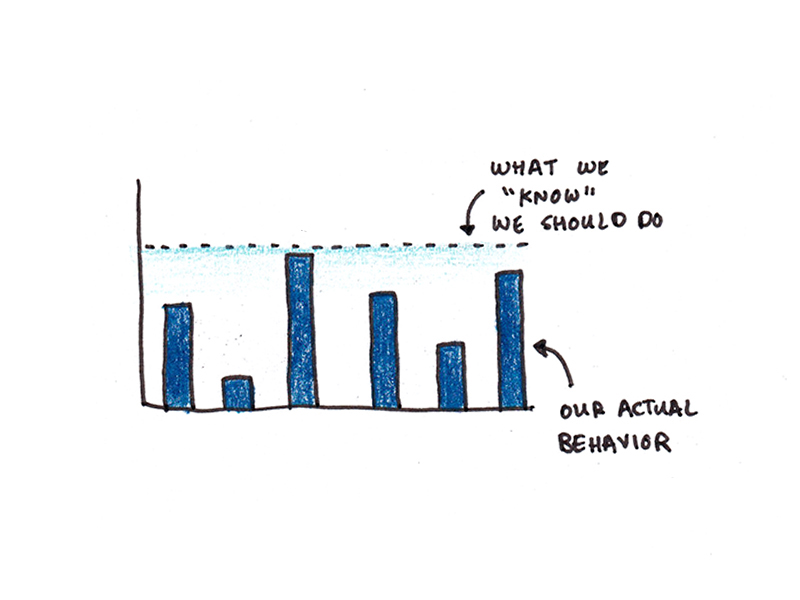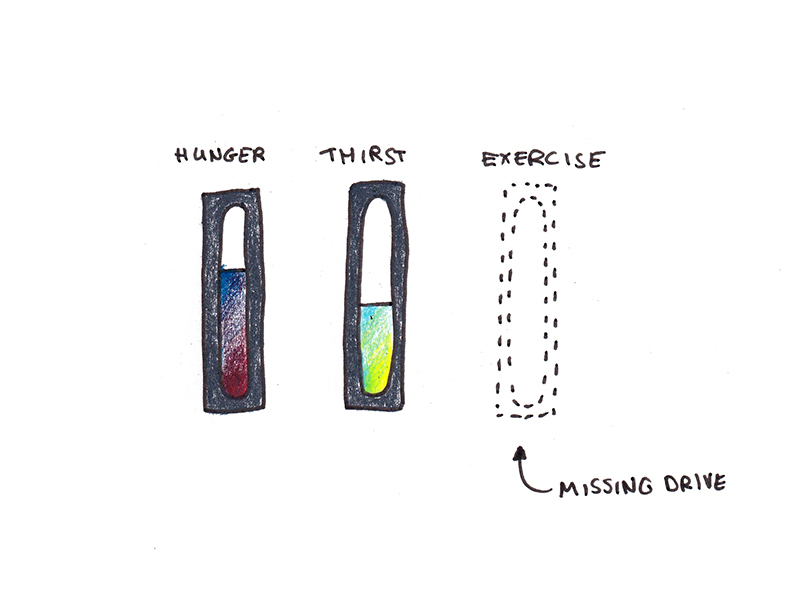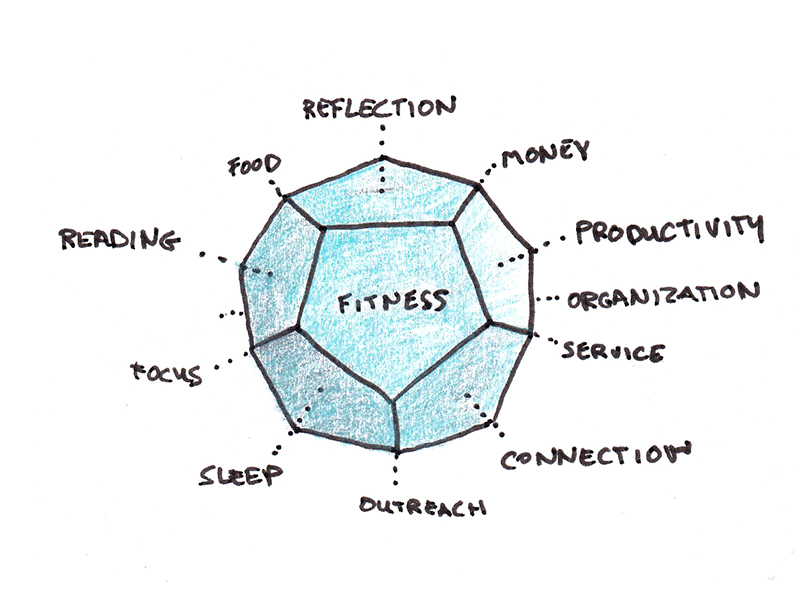Lesson 1 – Why Basics?

My team and I are preparing the new edition of the Foundations course, a year-long course that reflects my recent projects. The first cohort just finished a few weeks ago and it’s amazing to hear the stories of so many people who have made huge improvements in all aspects of their lives.
Before we get started with registration, I want to explain what foundations are and why they are important. While I’ve written a lot about this issue over the past year, these thoughts are scattered across dozens of articles and I wanted to put them all in one place. I also hope this summary will help you decide whether to attend our second meeting.
What is a foundation?
Foundations are a common practice that help support the good life.
Foundations are universal, which means they’re important to (almost) everyone. Whether you have any special talents or interests, your foundation will shape your life in big and small ways.
In this sense, we can easily contrast the basics with the things that make you unique, such as your professional expertise or your favorite hobbies. For example, being a good programmer is not fundamental. One doesn’t need to write code to make a good living. But fitness is the foundation, because regular exercise is good for your health and energy levels, whether you’re an athlete or not.
The foundations are practices, which means they are yours Donot just something you know or believe. But there is often a gap between our ideals and our actions. We know we should exercise more, sleep better, read books, and maintain friendships, but we often struggle to stay consistent.

Why work in foundations?
Foundations cannot be delegated or ignored. This means that, contrary to much self-help advice, it is your weakest foundation, not your strongest foundation, that determines the quality of your life.
The basis is not automatic. Our foundational problems are often caused by a mismatch between our ancestral environment and modern life. We didn’t evolve for exercise because for most of history, survival alone provided enough activity. Today, with office jobs and car commutes, we get more benefits from mobility than modern life demands, but we have no corresponding incentive to be more active.

Other foundations tell similar stories: Artificial lighting keeps us awake long after sunset, ultra-processed foods keep us overeating, screens distract us, and there was no Stone Age need for to-do lists or retirement accounts.
This lack of automation means we have to be intentional about cultivating our base. Systems and habits don’t require a lot of effort to be successful, but without proper maintenance they won’t sustain your life.
All of this is complicated by the fact that while foundations are necessary and must be deliberately cultivated, they often also exist on the periphery of our lives. It is only when they clearly fail that we notice our foundations, or lack thereof. More often than not, they languish in the background through neglect, making our lives feel heavier and we never know why.
Why establish multiple foundations in one year?
Doing anything well requires focus. And your fundamentals need to be improved. While maintaining an exercise routine, managing money, or staying organized at work aren’t particularly difficult, unless you make them your top priority at least for a while, they usually won’t happen.
However, the trickiest part of foundations is usually not their individual difficulties. Instead, it integrates them into a sustainable whole.
Anyone can stay in good shape if they prioritize exercise over everything else in life. But improving your health this way comes at the cost of your job, friends or family life.
By working consecutively at different foundations, you not only have the opportunity to resolve conflicts between foundations, but also to create synergies. For example, many students in the first class reported that they were able to sleep better and read more books by combining them into a habit.
Ultimately, the goal is not to create an ever-expanding list of chores for your life. It incorporates habits and behaviors that support your foundation into a lifestyle that doesn’t feel like work.

How to strengthen your foundation?
Of course, there are many ways to enhance your foundation. I certainly don’t have a monopoly on the advice here. However, the approach I’ve taken in my own projects, and the approach we’ve used with hundreds of students in our first classes, is as follows:
- Start with one key habit. Choose a single, well-defined behavior to support the foundation and focus on it for at least a month.
- Learn from targeted courses. Additional knowledge helps motivate by providing fundamental habits and a rationale for the foundation itself. Learning more about each foundation can also provide support for other actions needed to sustain the practice.
- Seek commitment and support. Accountability comes from many places. For me, doing this project publicly allowed me to make it the center of my life. For the first session students, the communal aspect of the project united participants.
During our year-long program, I worked hard to summarize the essence of what I learned by reading more than 100 books, trying out the basics myself, and coaching hundreds of students on their basics. I hope you can join me for our second meeting.
Before I leave, I have a question to ask: Of the twelve foundations covered in my program (Fitness, Productivity, Money, Food, Reading, Outreach, Sleep, Reflection, Connection, Focus, Organization, and Service), which one do you think you are strongest at, and which one do you think you are weakest at? Write your response in the comments and let me know!
After Lesson 1 – Why Basics? appeared first on Scott H Young.



